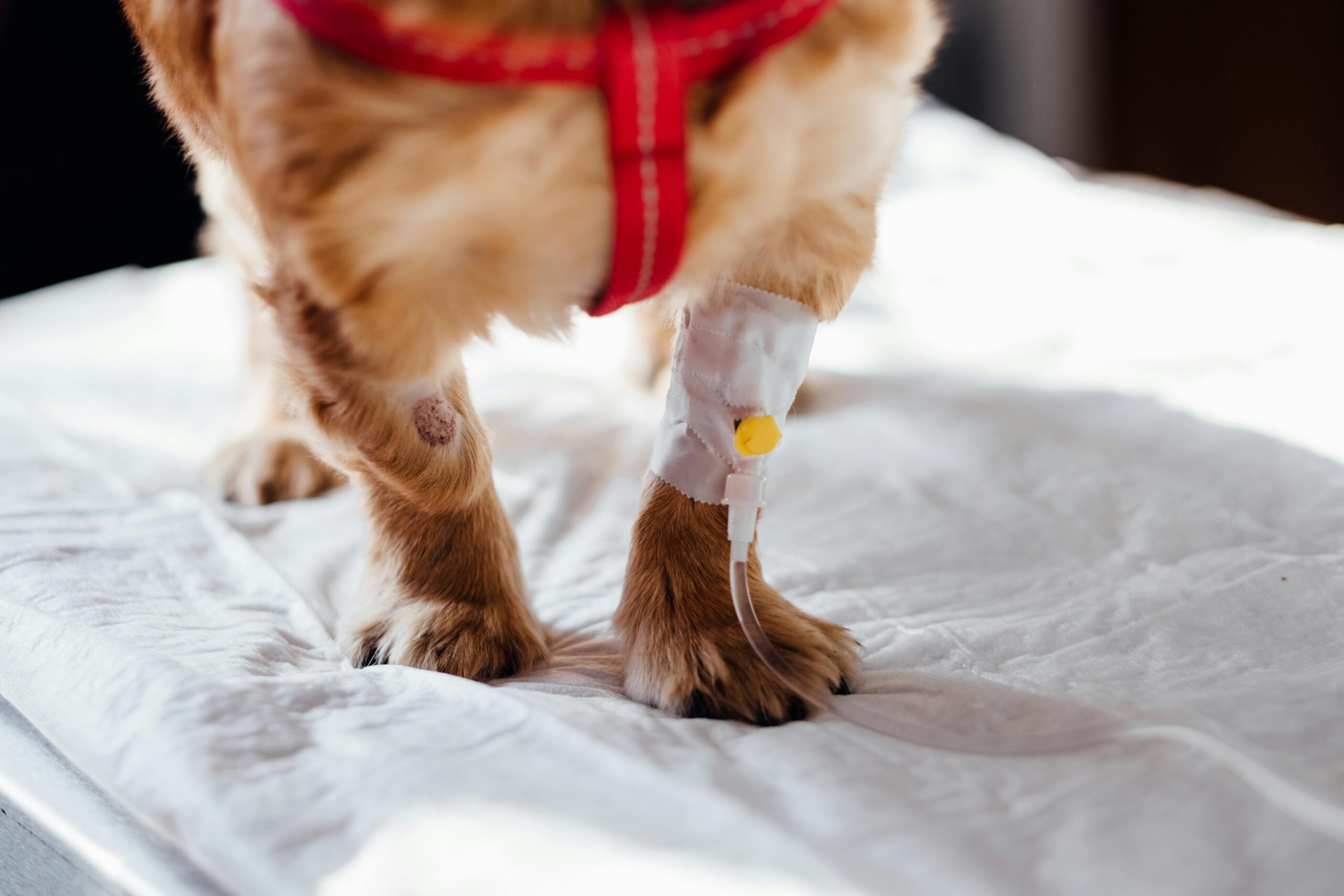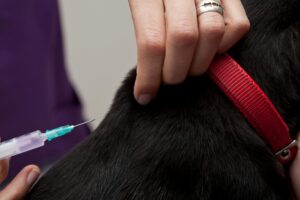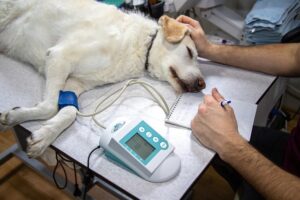Not only will this keep your pet happy, but it will also prolong their life. Healthy pets Pet owners know that periodical health checks can prevent a number of future issues, and ensure their pet remains fitter for long. The Ultimate Home Guide To Check Your Pet Health, When Should You See A Vet?
Daily Health Checks
1. Observe Their Behavior
- Activity Level: Check on how active and playful your furry friend is. A sudden drop in energy level can be an indication of health concerns.
- Appetite: Maintain the frequency with which your pet eats and drinks. Symptoms indicate problems with appetite changes.
- Mood: Increase or develop and pattern of irritable behaviors.
2. Check Their Eyes
- Clarity: Clear eyes are a good sign Your pet’s eyes should be bright and clear.
- Discharge: Check for any discharge (a greeny-yellow mucus-like consistency) which could mean infection or allergies.
3. Inspect Their Ears
- Cleanliness: Ears should be clean without any foul odor.
- Scratching: Many dogs get general ear infections or have mites, so they might scratch at their head more often.
4. Look at Their Nose
- Moisture: It is normal for a healthy pet to have a wet nose. Because dry or cracked skin is a sign of dehydration or that you may be coming down with an illness.
- Discharge: Look for any abnormal drainage that would suggest respiratory trouble.
5. Examine Their Mouth and Teeth
- Gums: Healthy gums are pink, not white or red.
- Teeth: Look for tartar, broken, or missing teeth.
- Breath: It can be an indication of dental disease or other health problems.
6. Feel Their Body
- Weight: Monitor your pet’s weight. Weight loss or gain Rapid weight changes are usually not a good sign.
- Lumps and Bumps: Get in the habit of regularly checking for any abnormal lumps or bumps beneath your dog’s skin.
- Coat and Skin: A healthy coat looks shiny and smooth. Look out for excessive shedding, dandruff or balding.
Weekly Health Checks
1. Monitor Their Digestive Health
- Stool: Look at their stool for the color, shape, and structure of any parasites/blood.
- Vomiting: Occasional vomiting can be normal, but if there are multiple episodes, it is time to see a vet.
2. Check Their Paws and Nails
- Paw Pads: Examine for cuts, scrapes, or stones.
- Nails: Nails also need to be trimmed so they do not grow too long and make your hedgehog uncomfortable.
Monthly Health Checks
1. Weigh Your Pet
- Consistent Weight: Keeping track of your weight means that you can quickly notice any unexplained fluctuations.
2. Review Their Diet
- Balanced Diet: Make sure they are on a diet that is suitable for their age, size and health problems.
- Treats: Monitor the number of treats and adjust their main meals accordingly.
When to Visit the Vet
Although home checks are more common, professional vet care is mandatory. So always book an appointment with a vet, practice regular check-ups to the vet and take your pet to the vet whenever you see any of these symptoms:
- Persistent Vomiting or Diarrhea: If your pet becomes sick and you are no longer able to find the solution then there could be something very serious wrong.
- Unexplained Weight Loss or Gain: This can also be a sign of hidden health problems.
- Behavior Changes: You should be concerned when behavior changes, especially radically or suddenly.
- Breathing Issues: Trouble breathing, coughing or wheezing is a serious problem.
- Pain or Discomfort: any sign of pain e.g. limping, whimpering—get it treated right away. Straightaway!
- Skin Issues: Persistent itching, redness, or sores should be examined by a vet.
Conclusion
The sooner you detect potential illnesses, the more likely your pet will be able to live a long and happy life. Because dogs cannot talk, you need to look for changes such as behavior, eyes, ears, nose and mouth and the general condition of their body is checked periodically if you catch any unhealthy signs at an early stage. However, while home checks are important make sure to also take your ferret for regular check-ups at the vet, as this is the only way of assessing general health.




